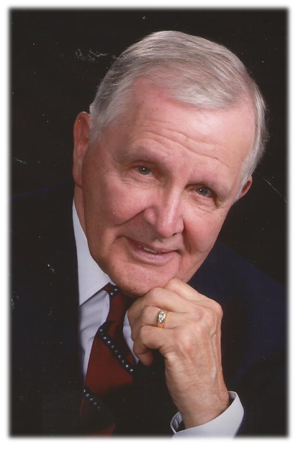The Secession Spring: What Should Lincoln Do?
Abraham Lincoln took office on March 6, 1861. By this time, seven states that had been a part of the United States on election day in 1860, had left the union. Also, by the end of February, representatives of those seven states met and had formed a separate union called the Confederate States of America. They had written their own constitution, selected their own president. elected their own congress and established their own judiciary.
In his inaugural address, Lincoln refused to recognize secession or the formation of the Confederate States of America. On the contrary, he insisted that he would enforce the laws of the United States in all the states as they existed in November of 1860. He warned that to have sized federal property was illegal and an act of rebellion.
Despite the fact that the Constitution of the United States did not address secession, he insisted that its prohibition was implied. Therefore, he insisted, secession was rebellion. And, thus, it was his constitutional duty as president to suppress it, by force if necessary.
During March of 1861, the question of the control of some Federal property became the focal point of the issue. One such piece of property was a harbor fort (Fort Sumter) located in the port of Charleston, South Carolina. Another such fort (Fort Pickins) was located in the Panhandle of Florida. Confederate commissioners met with the US Secretary of State Seward in March and April to negotiate the transfer of those facilities to the CSA.
Lincoln asked his cabinet members to advise him on this issue. All but one of his appointees urged him to turn the forts over to the Confederate government. Lincoln asked his military adviser, General Winfield Scott for his opinion.
Scott told him that Fort Sumter could not be held and therefore should be turned over to the Confederates.. He believed the alternative was war. In his opinion, a war with the Confederate States would take several years and a quarter of a million men under arms to win. And, he predicted, that to win the Federal government must invade and occupy the South as well. and, possible worse, in winning the conflict, enmity between the two sections would be lasting and destructive to the future of the country. He therefore suggested that President Lincoln wish the Confederate States well and allow them to go in peace.
Lincoln rejected his peace proposal.
Northern financial leaders wanted peace, too. War was bad for business they said. Leaders of the Democratic Party opposed the use of force as well.
Horace Greeley, owner and editor of the largest newspaper in the United states, the New York Post, urged the new president to let the secessionist states go in peace. “if the Cotton States shall become satisfied that they can do better out of the Union than in it, we insist on letting them go.”
Leaders in the Boarder States of Virginia, North Carolina, Tennessee & Arkansas remained in the Union. They were willing to allow the Lincoln administration a chance to govern. Thus, they did not join the other slaves states of the Confederate States of America; but awaited Lincoln’s response to the crisis.
Lincoln pledged in his inaugural address that he would not be the one to start a war. So, why did it begin?


 A Great Read! I couldn’t put this book down once I got started. The detail was great and I really like the main character, Michael. Knowing that so much research went into this book made it exciting to read!
A Great Read! I couldn’t put this book down once I got started. The detail was great and I really like the main character, Michael. Knowing that so much research went into this book made it exciting to read!